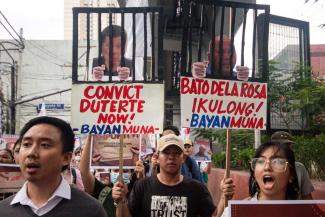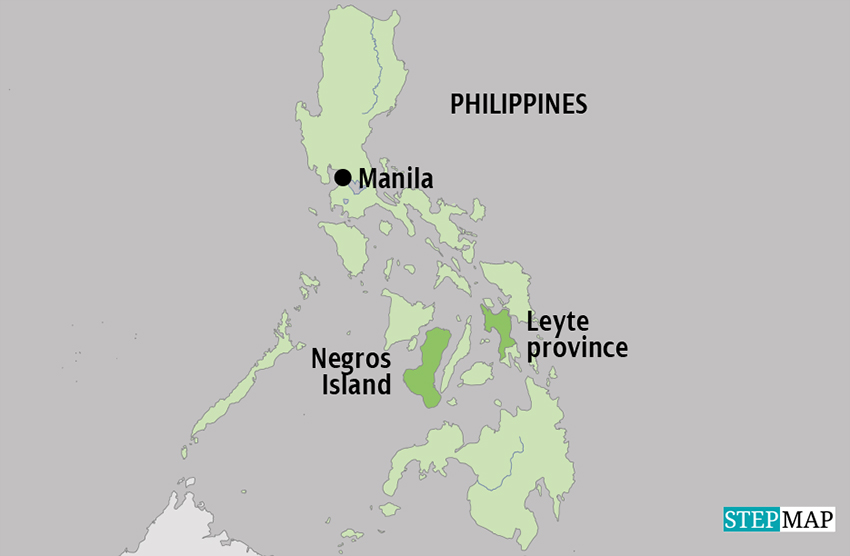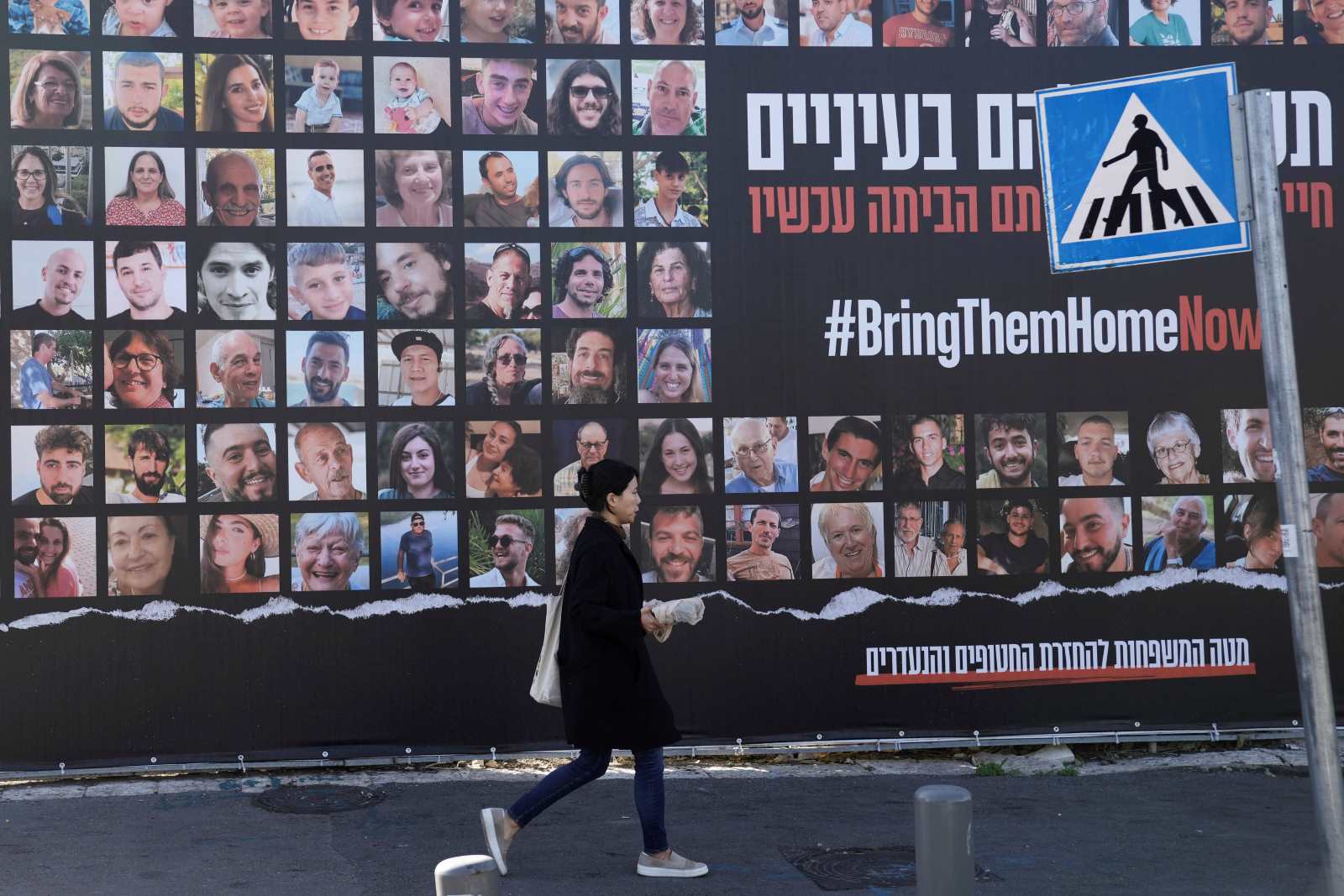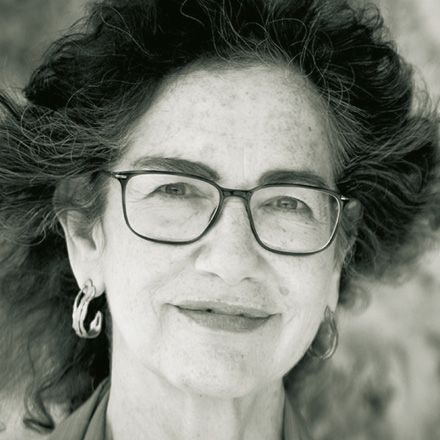Philippine humour
“Joke lang!” – “Just kidding!”: Political humour in the Philippines

In 2012, a Twitter account named @iamethylgabison, referring to the real name of Filipino comedian and singer Ethel Booba, was activated and soon gained viral popularity. While initially everything pointed to Booba herself being behind the account, she later publicly distanced herself from it under mysterious circumstances. Like Booba herself, the owner of the account staged themselves as a sassy but seriously talented funny girl who could easily transform into a sharp, hot-taking wit. The account posted tweets like this: “Question: Which really came first, the egg or the chicken? Me: The Mayor always comes first. Charot!”
The term “charot” originated in the country’s gay culture but has long since become mainstream. It is a close equivalent to “Joke lang!” (“Just kidding!”), a very Filipino way to quickly take back something that has just been said. It works as a sort of pseudo-apology for something actually half or fully meant. More than 170 languages are spoken in the Philippines; the official languages are Filipino and English.
The use of “charot” became Ethel Booba’s trademark. In 2016, the year President Rodrigo Duterte took office, the comedian published a book summarising @iamethylgabison’s tweets under the title “#Charotism: the wit and wisdom of Ethel Booba”.
As the Duterte administration flourished and the pandemic crept in, the tweets became even wittier and more brazen. For example, the account criticised the government for its aggressive moves to hasten the closure of what was then the largest private news network ABS-CBN. It even entered a Twitter word war over the looming closure with a well-known pro-Duterte blogger. @iamethylgabison also referred to the fact that Vice President Leni Robredo, who represented and was supported by the opposition, was being harassed by an army of trolls on social media. One of her tweets can be interpreted as hinting at an orchestrated digital campaign against the opposition.
By this time, at the height of the pandemic, social media had become a virtual political battleground, set against an especially violent and quite tragic real-world backdrop. There was the terror and violence of the so-called war on drugs: Proclaimed by President Duterte, it turned out to be a war against small-time drug pushers and users, with an extra-judicial murder toll that reached tens of thousands, according to some estimates. There was also the urgency and uncertainty of the Covid-19 pandemic, which carried with it a heavy cloud of political controversy and corruption.
The International Criminal Court consequently issued an arrest warrant for Duterte, and he was arrested in Manila in March. The result is a full-scale war across social media between pro- and anti-Duterte factions. Among the most effective of weaponry has been Filipino wit, which has been unleashed in the humorous posts of Facebook pundits.
Tradition of political humour in the Philippines
Before the internet, these jokes had to be shared in person. During seasonal tour performances in hotel lounges and on TV shows, stand-up comedians like Willie Nepomuceno and Nanette Inventor delivered scathing political and social commentary through spot-on, and sometimes on-the-spot, impressions of towering figures. Willie Nepomuceno, who died in 2023 at the age of 75, was considered by many as the country’s foremost impersonator: His career spanned five male Philippine presidents, from Ferdinand Marcos (the current president’s father) to Rodrigo Duterte, all of whom he uncannily impersonated and artfully roasted.
In the aftermath of the 1986 People Power Revolution, the government of President Corazon Aquino replaced the dictator Marcos. During her term in office, a TV show called “Sic o’Clock News” filled its 30 minutes of programming with comedy sketches and impersonations presented as the correspondent reports and interviews of a fictitious news programme. The show heavily satirised congressmen and the new government. The sketches pulled no punches – they even went as far as to criticise the show’s sponsors – but they also demonstrated that the Aquino government did not mind being picked on. It was freedom of expression in action, in contrast to the previous dictatorship.
If you get offended, you lose
Comedians did not have to fear severe persecution back then. In the Philippines, as in many other parts of the world, parody falls under the provisions of “fair use,” which in certain cases allows for the use of intellectual property without notifying its owner. Moreover, in the 1980s and 1990s, the basic attitude in the Philippines was “pikon-talo”, which roughly translates as “anyone who gets offended loses the game”. It gave comedians a sort of impunity, but also made them somewhat complicit: Purportedly corrupt politicians could easily claim that their critics were indeed “just kidding”.
Some wise politicians even thrust parodies of themselves into the spotlight. One famous case concerned a transgender women named Ate Glow who made a living performing an impersonation of then-president Gloria Macapagal Arroyo. She eventually found herself performing at election campaign events for Arroyo in her 2004 campaign bid for a full term. Though Arroyo did not formally hire her at first, she eventually became so popular that the president selected her to represent the government’s anti-illegal drugs campaign.
Stricter laws
In 2012, the government under President Benigno Aquino III introduced the Cybercrime Prevention Act. Since then, libel on social media can be punished with a fine, civil claims for damages or up to 12 years in prison. This made it easy for online personalities to be targeted by thin-skinned politicians and those who keenly understood the power of social media.
Nevertheless, the art of the joke remains a powerful tool on social media. It both breaks social and economic barriers and helps to set boundaries. Almost anything can become fodder for comedy – from celebrities to well-known corporate brands and companies. Tens of millions of Filipinos are on Facebook, for example, where they diligently spread funny memes.
Filipino humour, which has seen people through difficult political times, continues to thrive in the digital age, as the example of @iamethylgabison shows. However, Ethel Booba’s distancing from the account and its abrupt permanent closure indeed mirrors the end of the TV show “Sic o’Clock News” not even four years after it began airing in 1987. The show simply ran out of corporate sponsors and advertisers, having managed to scare them away with its politically and socially critical setups, gags and punchlines. It was a victim of its own successful brand of comedy. And it had proven that in a country where humour is a weapon and an escape valve, the real world can be just as absurd as a comedy routine.
Angelo R. Lacuesta is a Filipino writer, screenwriter and president of PEN Philippines.
sargelacuesta@gmail.com













